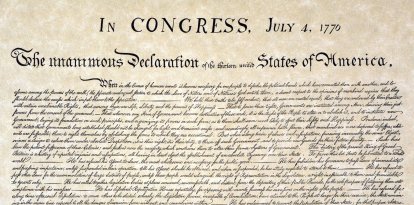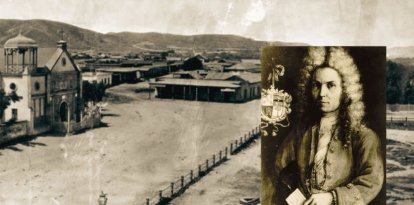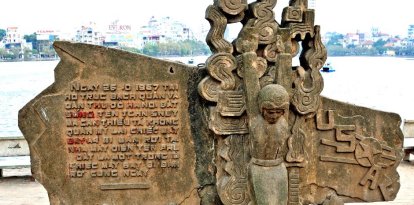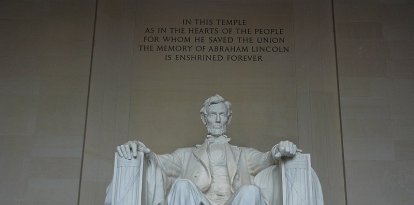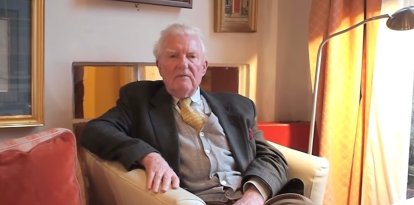A DNA study reveals that Christopher Columbus was Spanish and of Jewish origin
"The DNA indicates that Christopher Columbus had a Mediterranean origin in the western Mediterranean," said José Antonio Lorente, who led the research.

Image of the tomb of Christopher Columbus in the Cathedral of Seville on October 11, 2024.
Christopher Columbus was Spanish and of Sephardic Jewish origin. This was revealed by a DNA study that is part of a 22-year investigation that was led by forensic scientist and professor at the University of Granada, José Antonio Lorente.
"After examining hundreds of bones and documents, it can be affirmed that Christopher Columbus was Jewish," explained RTVE which shows the research findings in a documentary entitled Columbus DNA, his true origin. Along with this, it is speculated that he was a convert or that he kept his hidden Hebrew religion hidden in public.
According to the information, the discoverer of America was neither Genoese nor Italian, which is the main hypothesis of his birth supported by most historians and the Royal Academy of History of Spain. José Antonio Lorente argues that Columbus was a Jew from the Spanish Mediterranean, which stretched from the coast of the Levant to the island of Sicily:.
"DNA indicates that Christopher Columbus had a Mediterranean origin in the western Mediterranean. Of course, what happens? That if there were no Jews in Genoa in the 15th century, the chances of him being from there are minimal. Nor was there a large Jewish presence in the rest of the Italian peninsula, which would leave it very tenuous. There are no solid theories or clear indications that Christopher Columbus could be French. What would we be left with, the Spanish Mediterranean arc. The Balearic Islands and Sicily. But Sicily would also be strange, because if not Christopher Columbus would have written with some Italian or Sicilian language features, so it is most likely that its origin is in the Spanish Mediterranean arc or in the Balearic Islands, which at that time belonged to the Crown of Aragon.
This is the same research that confirmed that the remains buried in the Cathedral of Seville are those of Christopher Columbus. The research brings a definitive conclusion to another of history's greatest enigmas and sheds light on the past of this historical figure. The past and actual location of Columbus' eternal resting place has been the subject of much debate among the scientific community until now.
The team of researchers assures that there is absolute reliability regarding the conclusions drawn from the analysis of the remains buried in the Cathedral of Seville, Spain. In that place, although well after his death, the presumed remains of the explorer were buried.
The researchers recalled however, that under the crypt of the Cathedral of Seville there is not a complete human skeleton, which could indicate that the rest of the parts are in the Dominican Republic, as this country has been claiming for years.
The analysis of the bones that rested in the Sevillian temple could not be analyzed previously, due to the little genetic material it contained. The use of new technologies made it possible to carry out the studies only recently.



















